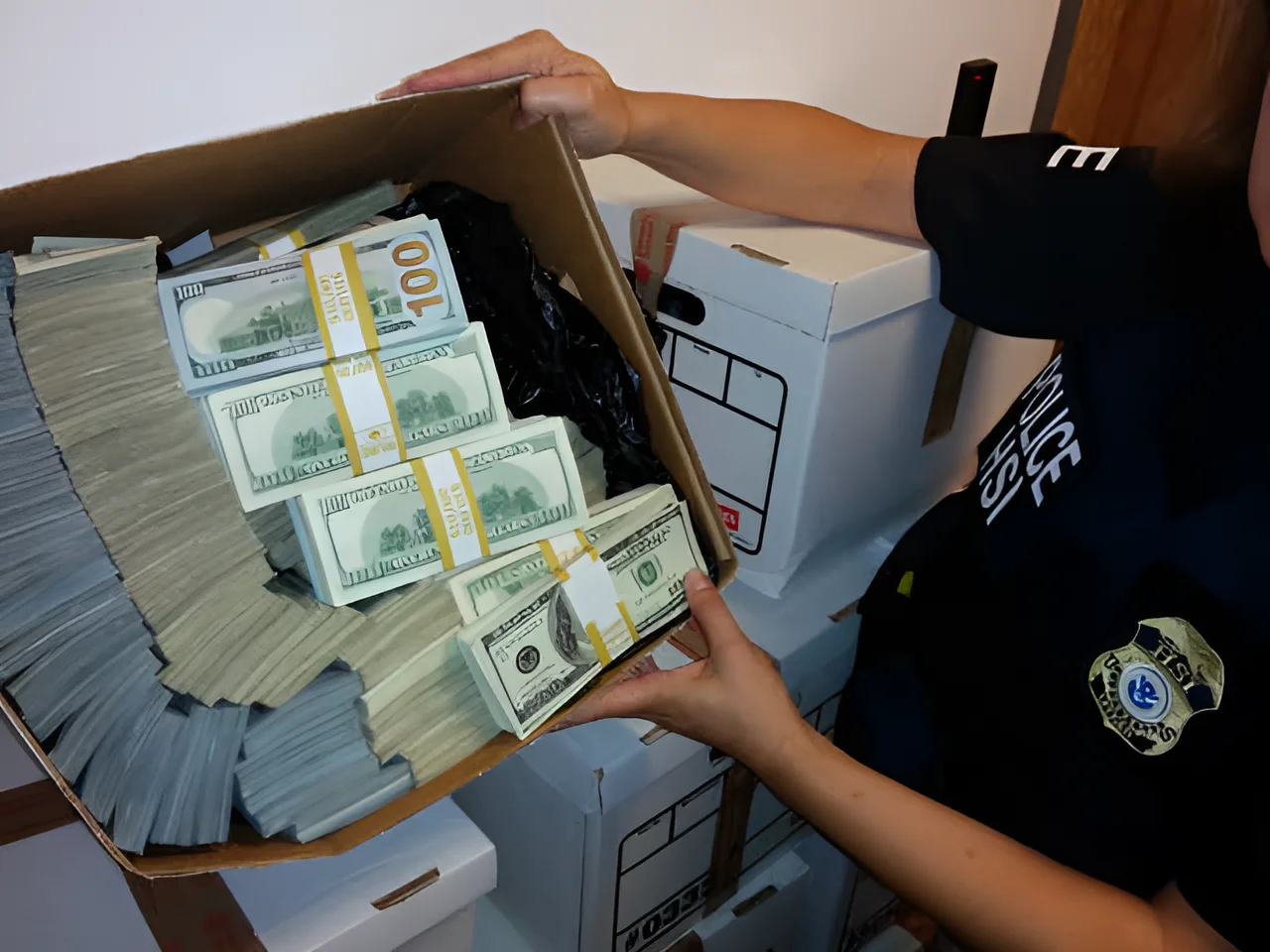Antitrust laws were established to protect trade and commerce from abusive practices. Violations can include price-fixing, price discrimination, restraints, and monopolization.
Miami Money Laundering Lawyer
Miami Money Laundering Attorney

Money laundering cleans billions of dollars of illegal income every year. Money laundering is considered a white-collar offense. It is a multifaceted charge and often brings along a host of other serious charges, such as conspiracy, racketeering, healthcare fraud, mortgage fraud, wire fraud, and drug trafficking. This is especially the case when prosecutors exaggerate the allegations on underlying charges.
Get a defense lawyer’s assistance early on if you are under investigation or charged with money laundering in Miami, FL. At The Kirlew Law Firm, we have years of experience defending individuals against white-collar crimes such as money laundering.
We take pride in our work and dedication to representing clients passionately and aggressively. Schedule a free no-obligation and confidential consultation with us today – call (305) 521-0484.
Brian Kirlew, Esq. and the Kirlew Law Firm are prepared to win. Schedule your free initial phone consultation with us to understand how we can help you.
WHAT IS MONEY LAUNDERING?

Money laundering is a generic term that describes the process of individuals or entities trying to remove, disguise, transfer, convert, or conceal the gains made via illegal activities and make those appear legal. The process involves earning cash through the proceeds of selling drugs, illegal gambling, theft, or kickbacks.
Once the funds are acquired through those means, the individual or organization uses otherwise legitimate businesses or enterprises to clean the money. In South Florida, barbershops, restaurants, small pharmacies, food trucks, and cellphone repair stores are common fronts for money laundering.
Kickbacks are under-the-table bribes where businesses or governmental officials accept money or something valuable to steer a potentially profitable project in favor of another party. It can take various forms, including illegal payments—to contractors, employees, or subcontractors—unearned fee governmental contracts, or public corruption.
There can be numerous methods to launder money, such as gifts, investments, title transfers, or depositing funds into the business. The process may involve three significant steps:
- Placement – Placing dirty (illegal) money into the legal financial system, such as banks or investing in real estate, jewelry, etc.
- Layering – Camouflaging the source of illegal money through complex transactions and tricks.
- Integration – Seamlessly integrating the illegally obtained proceeds to appear clean.
So, moving illegal funds from illicit sources to appear a legitimate source can be referred to as money laundering, which essentially is a white-collar crime. However, the underlying offenses that led to the money laundering charges can be violent or drug crimes, depending on the alleged criminal enterprise.
WHAT ARE THE PENALTIES FOR BEING INDICTED WITH MONEY LAUNDERING CRIMES?
In Florida State Court, money laundering is a felony with varying levels. Proceeds laundered between $300, and $20,000 are a third-degree felony punishable up to 5 years of imprisonment; in transactions between $20,000 and $100,000, a second-degree felony punishable by up to 15 years in prison. Transactions over $100,000 are a first-degree felony punishable by up to 30 years in prison.The amount of the transactions is determined by how much was laundered during the length of the conspiracy, not just an individual transaction.
In Federal Court, a conviction for money laundering can include a prison sentence of up to 20 years and fines of up to $500,000 or twice the proper value involved in the transaction. It is important to remember that money laundering, especially when charged by the federal government, is often one of the money charges.
Whether in federal or state court, money laundering charges are often accompanied by asset forfeiture proceedings.
Having years of experience in federal and state court, Brian Kirlew and the Kirlew Law Firm team understands what it takes to defend our clients aggressively and effectively. We delve into the specifics of every case and look for favorable evidence.
CHARGED WITH A MONEY LAUNDERING CRIME? CONTACT US TO REVIEW YOUR CASE.

Regardless of the severity of your money laundering charges, you can count on our experienced attorney Brian Kirlew, Esq., to put you in the best possible legal position. Your constitutional rights apply to a money laundering case just as they do in other charges.
You have the right to have a competent attorney by your side who can cross-examine and confront the witnesses as well as the prosecutors. Whether through trial or a negotiated resolution, it is possible to have your charges reduced or dismissed. We create effective solutions for our clients in trouble—it is what we do every day at The Kirlew Law Firm.
Get in touch with our accomplished Miami defense attorneys to request a free, confidential initial consultation.
We offer solid and valuable legal advice that will make a vital difference to your case.
Call us at 305-521-0484 for a confidential consultation to discuss your rights.
Contact a Miami White Collar Criminal Attorney today!
If you are being investigated for a White Collar crime at the state or federal level (or both), the sooner you get a qualified attorney on your side to protect your rights, the better. Brian Kirlew, Esq. is experienced and skilled at handling these complex and sensitive matters, and is here to represent you in court. Our criminal defense attorneys in Miami are proud to offer you a free phone consultation to ensure that we can best serve you. Contact us immediately to get started.

